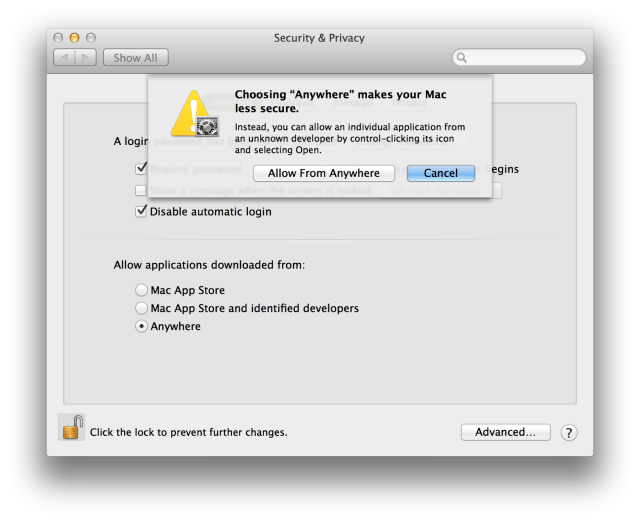Prolog Development Tool For Mac

Well, prolog is a relatively old language. I was studying it in the 1980's. Free easy to use frp tool.

Download Freeware GNU Prolog for Mac OS X. What is GNU Prolog GNU Prolog is a free Prolog compiler with constraint solving over finite domains developed by Daniel Diaz. GNU Prolog accepts Prolog+constraint programs and produces native binaries (like gcc does from a C source). Prolog Development Tools (ProDT) is a Prolog Integrated Development Environment (IDE) aiming to be as rich in functionality as the Eclipse's java IDE, giving the developer a single environment where it can control the development from code edition, test execution, debugging, and more.
Clocksin and Mellish was my Prolog bible back 'in the day', and it still holds a place of honor on my bookshelf in the AI section. So, I have to think there are C++ to Prolog (and vice-versa) cross-compilers available. I think that there are a lot of links to such tools on the web site. Anyway, remember that Google is your friend!:-) Also, FWIW, I haven't used Prolog since the early 90's. I segued to Smalltalk around 1992. I would use it (prolog) for natural language processing functions without another thought. One of my favorite books EVER was Terry Winograd's 'Language as a Cognitive Process - Syntax' that used Prolog exclusively for language processing.
Itool For Mac
Published by Addison-Wesley in 1983. Winograd was a major force at Stanford University in AI studies back then. At that time, I was working as a software engineer and consultant for Stanford, Ford Aerospace, NASA Ames Research Center, and other companies in the Silicon Valley. FWIW, in the 1990's up to about 2005, I used C++ exclusively for similar work, though you have to do a LOT of preliminary class development in order to get the same efficiencies as Prolog provides 'out-of-the-box'. I have a patent for adaptive systems that allows you to declaratively define new classes, or extensions to these or existing compiled C++ classes, and determine their behavior with a set of rules, without compiling any of the new classes or behaviors, yet these can be integrated with existing compiled C++ programs without compiling. You store the class and rule definitions in a database (flat file or relation database such as Oracle), and tell the system to load the new information and behaviors.